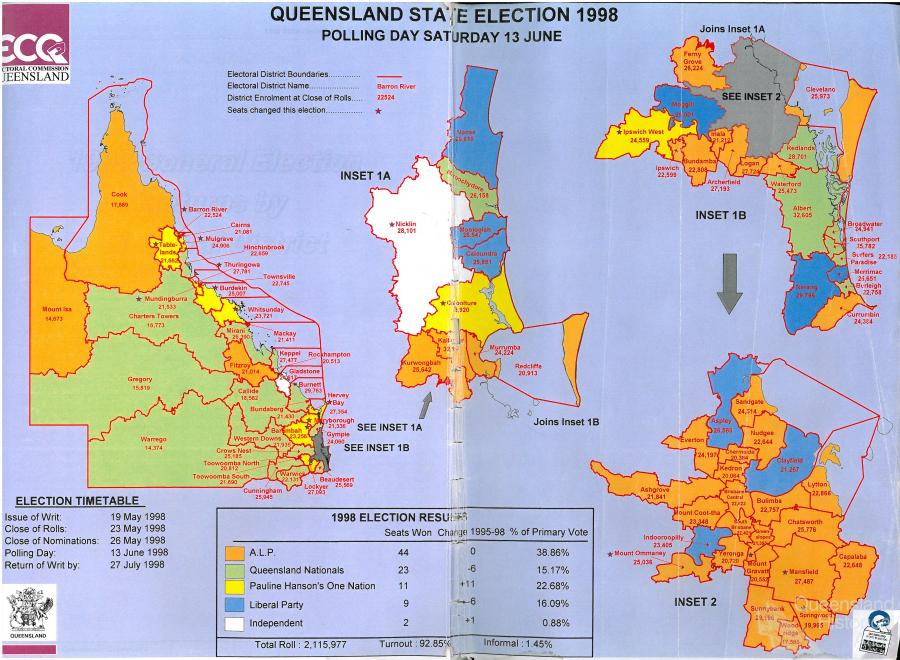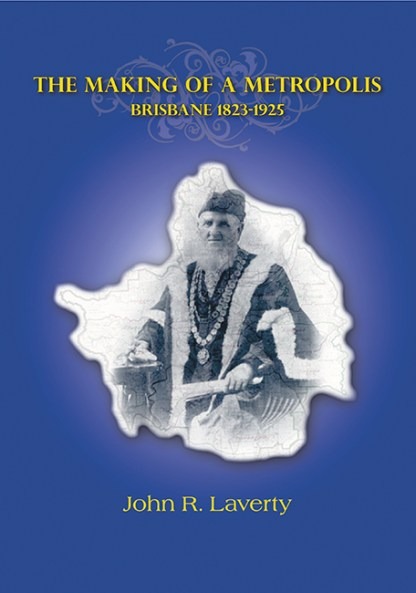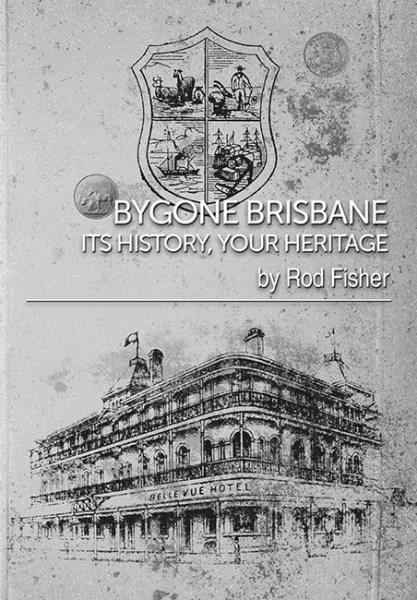Today, I welcome the opportunity to say a few words on linking “town planning rebellion” and the Brisbane history(ies) of local studies and the examination of municipal governance. Two names. In the case of the former, Rod Fisher, and, in the case, of the latter, John Laverty. Both have past.
It is not only the developers and politicians who forgets their history(ies) and unfortunately the rebels forget what has gone before: what worked and what did not in the context of the time we are examining.
Both historians were very much involved in the Brisbane History Group Inc. The rebels may ignore their work because they appeared as conventional academic history of The University of Queensland. But that appearance belies the critical content of Fisher’s perceptive examination of the urban landscape and Laverty’s insightful examination of the earlier body of the Brisbane Council which identifies the pattern of the urban sprawl and the vested interest.
Rod’s protests against the Council’s development of the Milton-Spring Hill area were not heard, and not understood. And I note that Rod’s earlier career was as a scholar in the seventeenth century English rebellion from the Cambridge tradition. John’s critical address on the parochial mindset of the Brisbane Council, and, indeed, the general population, expressed the insight that both the economic and social pressures of the day, were poorly understood. There was very much an English urban idealism operating – there was nothing wrong with the nobility of the ideal – and only a few took sense of the social reality and the economic sub-structure. Hence, John was not heard and understood.
We desperately need a well-funded community education program, like the Workers Educationalist Association (WEA) in Brisbane during the early 20th century. Such a program for the 21st century would necessarily need to be ideological “compromised”, not on humanitarian principle, but in accepting the mix of systems thought – philosophically deconstructing and reassembling anew. Only in such multidisciplinary education can the attitudes of the public in resisting climate emergency action be turned around.
Featured Image: ECQ Map Queensland State Election 1998

ECQ Map, Queensland State Election 1998
Neville Buch
Latest posts by Neville Buch (see all)
- Dear grossly, ethically, corrupted - December 21, 2024
- Thoughts with a Professional History colleague on “Artificial Intelligence” - December 21, 2024
- Stephanie M. Lee on “AI by omission”, The Chronicle of Higher Education, Thursday, December 19, 2024 - December 20, 2024


